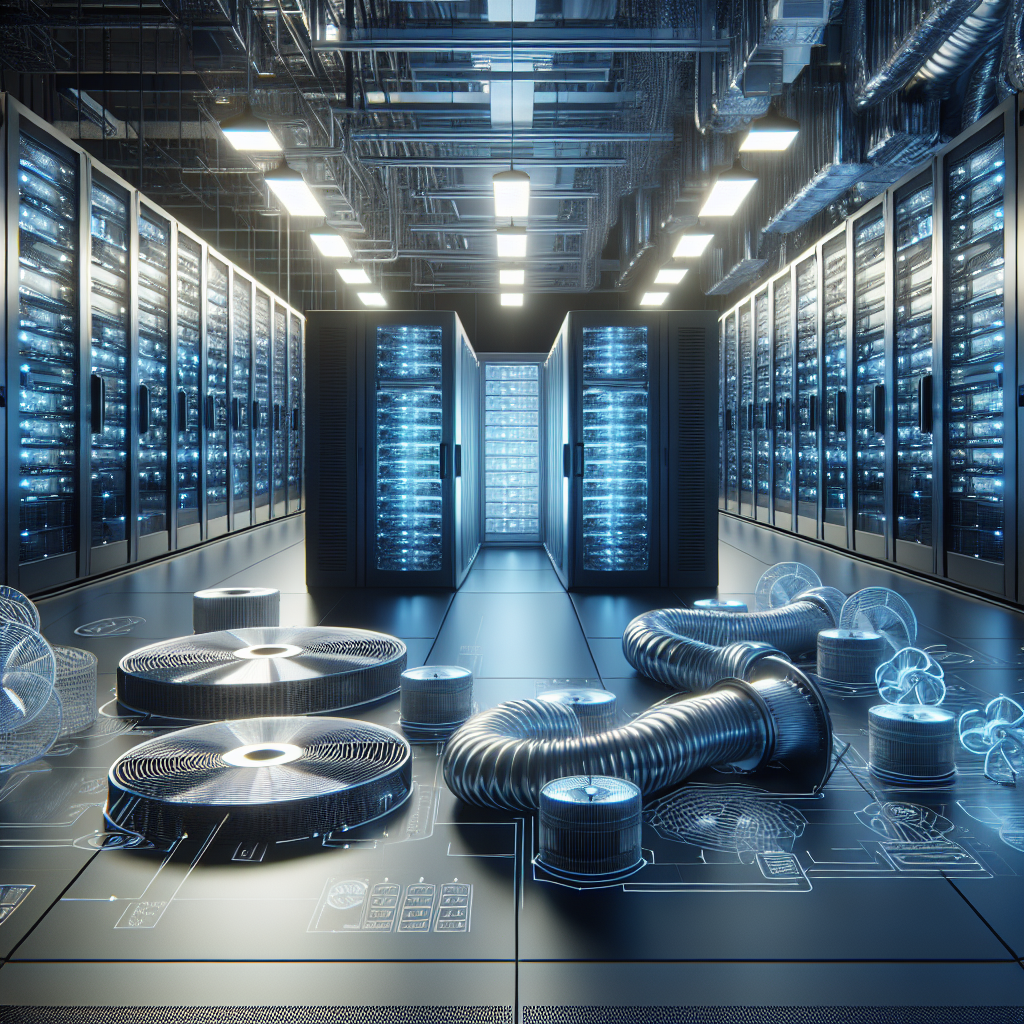Data centers are critical infrastructure that houses a large number of computer servers and networking equipment. These facilities generate a significant amount of heat due to the constant operation of the equipment. To ensure the smooth functioning of data centers, it is essential to have an efficient cooling system in place. HVAC (heating, ventilation, and air conditioning) systems are crucial for maintaining the optimal temperature and humidity levels in data centers.
As technology continues to evolve at a rapid pace, data center HVAC systems are also expected to undergo significant changes in the future. Here are some of the trends that we can expect to see in data center HVAC systems in the coming years:
1. Energy Efficiency: One of the major trends in data center HVAC systems is the focus on energy efficiency. Data centers consume a large amount of energy, and cooling systems account for a significant portion of this energy consumption. In the future, data center operators will look for more energy-efficient HVAC systems that can help reduce operating costs and minimize their carbon footprint.
2. Modular HVAC Systems: Another trend that is expected to gain traction in data center HVAC systems is the use of modular systems. Modular HVAC systems are designed to be easily scalable and customizable, allowing data center operators to add or remove cooling capacity as needed. These systems are also more flexible and can adapt to changing cooling requirements in data centers.
3. Intelligent Cooling Solutions: With the rise of artificial intelligence and machine learning technologies, data center HVAC systems are expected to become more intelligent and autonomous. Intelligent cooling solutions can optimize cooling performance based on real-time data and predictive analytics, ensuring that data centers operate at peak efficiency.
4. Liquid Cooling: Liquid cooling is another trend that is expected to become more prevalent in data center HVAC systems. Liquid cooling systems are more efficient than traditional air-based cooling systems and can help data centers achieve higher power densities. Liquid cooling solutions can also help reduce the overall footprint of cooling equipment in data centers.
5. Eco-Friendly Cooling Solutions: As sustainability becomes a top priority for businesses, data center operators are looking for eco-friendly cooling solutions. In the future, we can expect to see more data centers adopting renewable energy sources such as solar or wind power to power their HVAC systems. Additionally, data center operators may explore innovative cooling technologies such as geothermal cooling or evaporative cooling to reduce their environmental impact.
In conclusion, the future of data center HVAC systems is set to be exciting and innovative. Data center operators are constantly looking for ways to improve efficiency, reduce operating costs, and minimize their environmental footprint. By embracing trends such as energy efficiency, modular systems, intelligent cooling solutions, liquid cooling, and eco-friendly cooling solutions, data centers can ensure that their HVAC systems are equipped to meet the demands of the future.

Leave a Reply
You must be logged in to post a comment.